The supercharged political landscape in the U.S. has grown even more perilous for companies with the 2020 presidential election looming as Goya, a food company with a tremendously loyal following, has discovered.
The company, which makes many products used on Hispanic cuisine, but whose following extends well outside of that range, is facing a swift backlash after its CEO praised President Donald Trump at a White House event.
Oh look, it’s the sound of me Googling “how to make your own Adobo” https://t.co/YOScAcyAnC
— Alexandria Ocasio-Cortez (@AOC) July 10, 2020
Goya was founded in Manhattan in 1936 by Don Prudencio Unanue and his wife Carolina, immigrants from Spain. The company calls itself the largest Hispanic-owned food company in the United States.
Robert Unanue, a grandson and now Goya CEO, spoke at a Rose Garden event announcing a “Hispanic Prosperity Initiative” on Thursday.
“We all truly blessed, at the same time, to have have a leader like President Trump who is a builder,” Unanue said standing at a podium beside Trump.
Goya Foods CEO Robert Unanue: "We're all truly blessed… to have a leader like President Trump who is a builder." pic.twitter.com/2VdG4qAnpK
— The Hill (@thehill) July 9, 2020
Almost immediately, #BoycottGoya, #GoyaFoods and #Goyaway began trending on social media platforms like Twitter, with scorn coming seemingly from all directions, including some big political names.
That backlash was answered by those who support Trump showing how any brand, whether they make clothing or, as Goya does, beans, olive oil and adobo, faces potential danger ahead of what may become a highly contentious election.
Did you donate 300,000 pounds of food to organizations, food banks, and soup kitchens in NY and other places to help with COVID-19?
Goya did.
— Fuzzy Chimp (@fuzzychimpcom) July 10, 2020
Those pushing for a boycott of Goya products cited history of derogatory comments and harsh policies toward Hispanics, most notably, the administration’s policy of separating immigrant families at the U.S.-Mexico border.
Former presidential candidate Julian Castro was among those to take to Twitter, saying Unanue praised someone who villainizes Goya’s customer base.
Rep. Alexandria Ocasio-Cortez of New York said she would learn to make from scratch some of the Latin cuisine that Goya makes.
But the backlash was broad, with people posting videos of Goya products being dumped out or donated.
Goya did not immediately comment.
White House adviser Kellyanne Conway in an interview on ‘Fox & Friends’ called Goya a food company that is “really the American dream.”
“It’s just a shame that people make everything so politicized, including food,” Conway said.
Yet the potential danger for companies became clear almost from the first day of the Trump administration. A public statement, political donations, or support, can bring a torrent of unwanted publicity.
In 2017, the CEO Under Armour walked back comments in which he said Trump was “an asset to the country.”
In a full-page advertisement in The Baltimore Sun, where Under Armour is based, CEO Kevin Plank wrote that his choice of words “did not accurately reflect my intent.” He said Under Armour stands for equal rights and job creation and believes “immigration is a source of strength, diversity and innovation for global companies based in America,” Plank wrote.
The company also said it opposes the Trump administration’s travel policies.
Last year, the luxury gym Equinox and indoor cycling studio SoulCycle faced a backlash over a Trump fundraiser.
Merck CEO Kenneth Frazier, at the time one of only four African-Americans leading a Fortune 500 company, was the first to resign from Trump’s business councils over the president’s remarks on the white nationalist protests in Charlottesville, Virginia.
Some business leaders quickly followed Frazier’s lead, including the CEOs of Under Armour and Intel. Others, including the heads Walmart and Johnson & Johnson, publicly condemned Trump’s remarks but initially resisted pressure to leave the councils. Within days, however, the ballooning uproar pushed the companies to shift course, and the panels fell apart.
Demographic changes and the massive Black Lives Matter movement are making race a pivotal issue in the upcoming election.
According to the Pew Research Center, 13.3% of eligible voters in the U.S. this year are Latino, a record high.
Trump has been working hard recently to court Latino voters, who could swing the vote in states such as Arizona and Florida. On Wednesday, he welcomed President Andrés Manuel López Obrador to the White House with lofty language, calling Mexico a cherished partner. Trump’s tone was in stark contrast from when he kicked off his 2016 presidential campaign by referring to Mexicans as “rapists” and railed against migrants entering the United States illegally.
Many of those that came to Goya’s defence Friday pointed out Goya’s history of community service.
In March and April this year, Goya donated over 300,000 pounds of food, or about 270,000 meals, to food banks and other organizations as part of its pandemic relief effort. The company said it also donated more 20,000 protective masks. Last month, Goya showed up with thousands of pounds of food to families in the Bronx and Harlem who have been affected by COVID-19 and gave food to a public school in Queens.
Goya lists 2,500 products, from seasonings and cooking oils, to beans and other Latin American staples as well as frozen products and snacks. Their offerings are ubiquitous in grocery stores across the U.S., sometimes taking up their own entire aisle.
—-
AP reporter Astrid Galvan contributed to this story from Phoenix.
© 2020 The Canadian Press. All rights reserved.
—-
This content is published through a licensing agreement with Acquire Media using its NewsEdge technology.



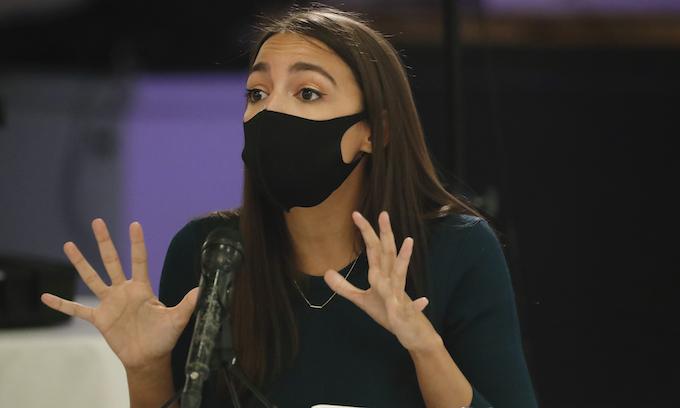

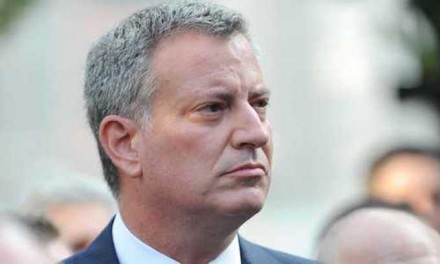
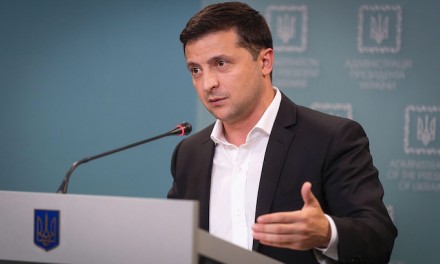
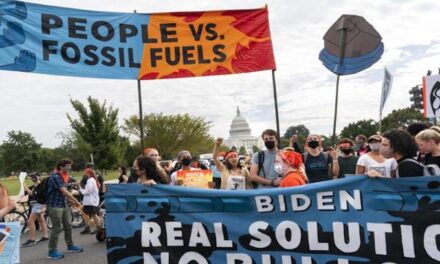






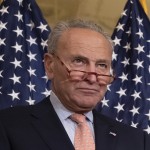




Recent Comments